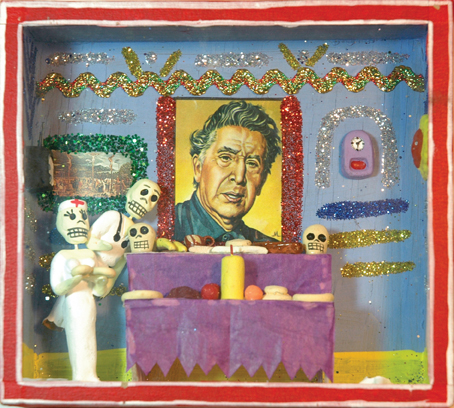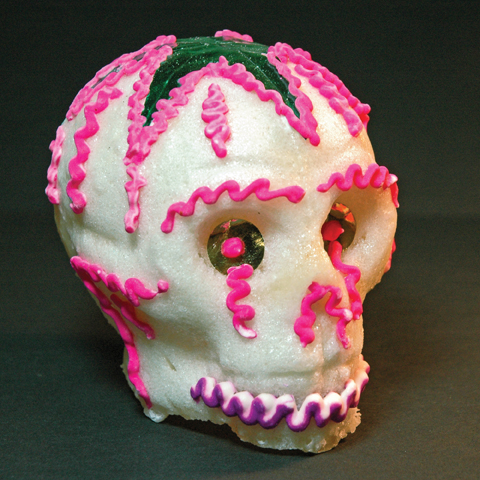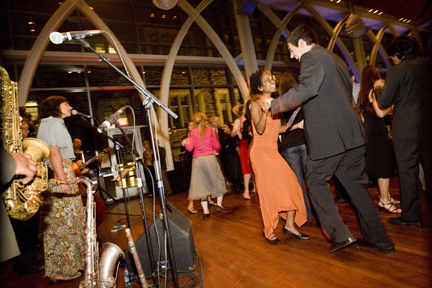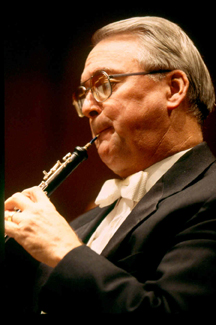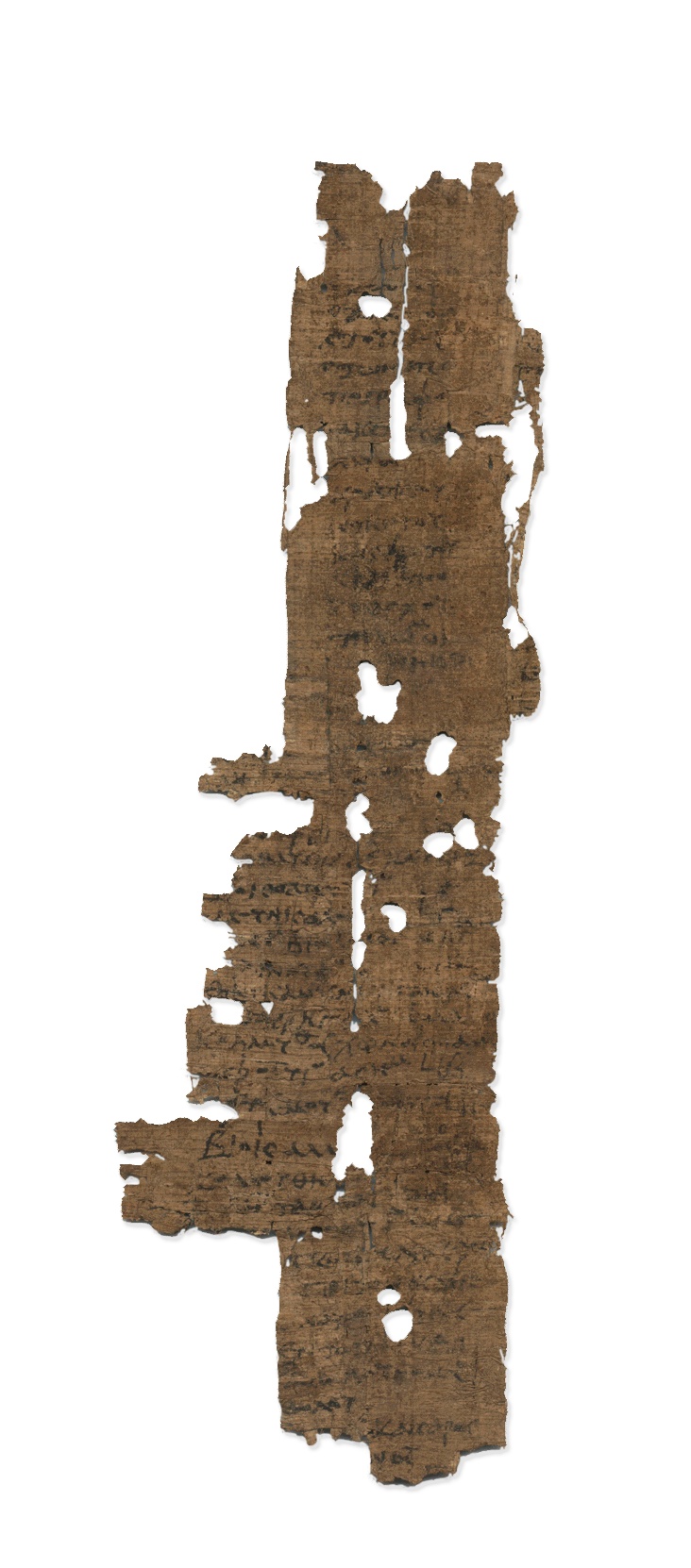 The Greek, Latin, and Egyptian papyri from ancient Egypt are our best window on daily life in antiquity. Surviving documents, which number in the tens of thousands, tell us about marriage and divorce, birth and death, livelihoods and taxes; about the place of law, religion, and economics in the lives the farmers, villagers, and townsmen who dwelled along the Nile two thousand years ago.
The Greek, Latin, and Egyptian papyri from ancient Egypt are our best window on daily life in antiquity. Surviving documents, which number in the tens of thousands, tell us about marriage and divorce, birth and death, livelihoods and taxes; about the place of law, religion, and economics in the lives the farmers, villagers, and townsmen who dwelled along the Nile two thousand years ago.
Bringing this important body of evidence to life for scholars and other interested readers is a huge undertaking, one at which papyrologists around the world have been hard at work since the late 1900s. And in recent years, international projects have begun to bring technology to bear on the endeavor. A team at Duke University has been entering the Greek and Latin texts of the ancient papyri in a single database (DDBDP, Duke Data Bank of Documentary Papyri); another at Universität Heidelberg has been massing critical meta-data, including dates, locations of published photographs, controlled descriptive keywords, and translations, for the same set of data (HGV, Heidelberger Gesamtverzeichnis der griechischen Papyrusurkunden Ägyptens). An international consortium of papyrus-holding institutions, APIS (Advanced Papyrological Information System), based at Columbia University, has been gathering high-resolution digital images, detailed catalog records, translations, of papyri in international collections, both literary and documentary, in Latin, Greek, Coptic, Demotic, Middle Egyptian, Aramaic, and more. Other projects are hard at work on Greek inscriptions from Egypt, Demotic, Coptic, and Arabic papyri, etc.
Thanks to a recent grant of $500,000 from The Andrew W. Mellon Foundation, Duke, Columbia, and Heidelberg are now leading the way in integrating the three principal digital resources for papyrology, the DDBDP, APIS, and HGV, taking a major step toward the day in which all of the notable resources of the field are fully digital, fully interoperable, fully accessible to anyone anywhere with a connection to the Web.
Project members are excited not just about what they are accomplishing, but also about how they are doing it. The team is global, with partners, in London, Heidelberg, New York City, Chapel Hill, Durham, and Huntsville. All tools created in the process will be open-source and fully documented, so that other projects will feel free to use and improve them, and in so doing widen the pool of interconnected papyrological resources. Moreover, the team is building its data model on one already in development for use by epigraphists, students of documents inscribed on stone and other hard surfaces. The total number of surviving inscriptions dwarfs that of the papyri. Use of a common standard will help to bring the two documentary sister disciplines closer together than they have ever been. Thus, the ultimate goal of this project, which is only an initial step in a long process, is not only to help to integrate papyrology itself, but to bring the field into tighter coordination with the other disciplines associated with Classics and ancient history.
– Joshua Sosin, Associate Professor of Classical Studies, Duke University
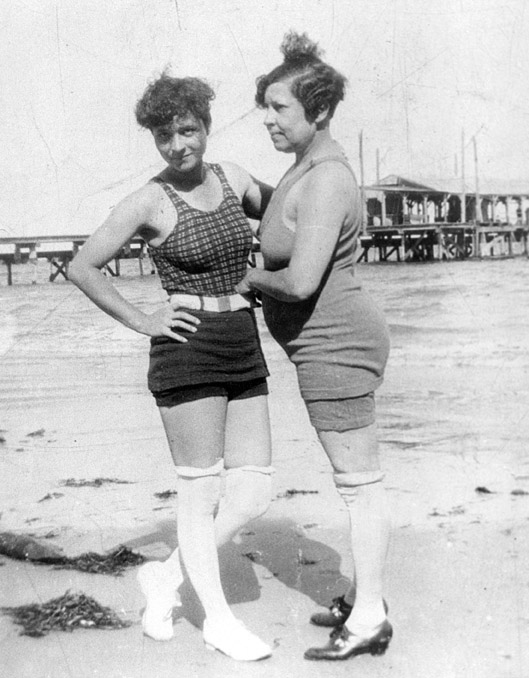 August/October
August/October“I’m impressed by what collections can teach someone who has no knowledge of black middle class life. White people don’t know our aspirations, goals and gracious living. It’s about dispelling stereotypes. We had a life. We still have a life. We enjoyed the creature comforts despite segregation and racism.”
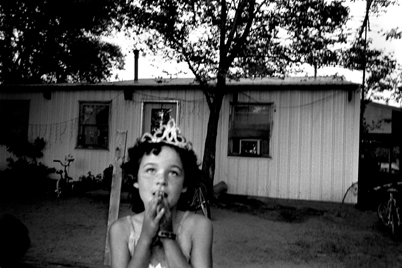 November/December
November/December

